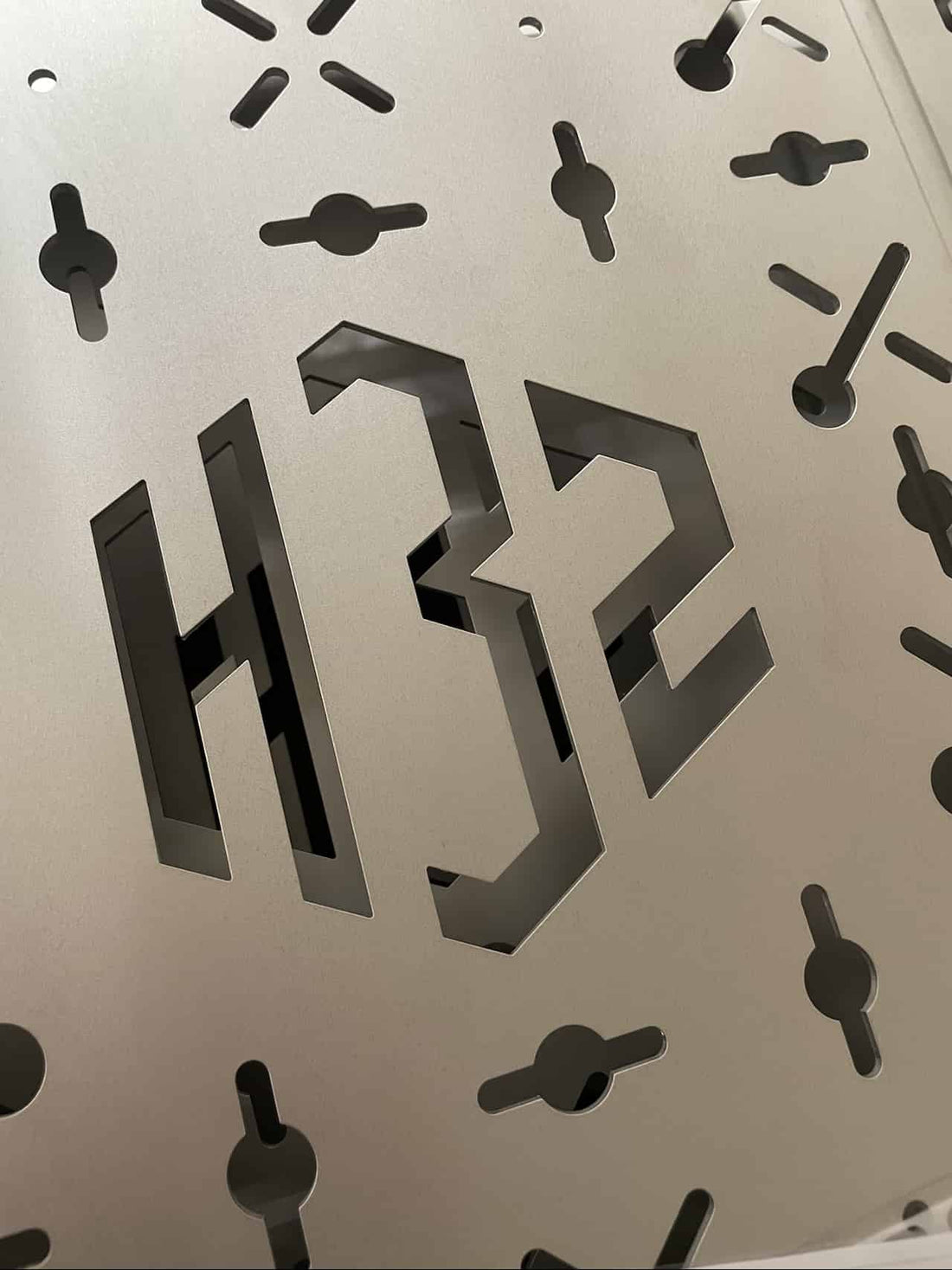Aluminum offers several advantages that make it a popular choice for various applications.
Here are some of the key benefits of aluminum:
- Lightweight: Aluminum is lightweight compared to many other metals, making it easier to handle, transport, and install. This property is particularly beneficial for applications where weight reduction is desired, such as in the automotive and aerospace industries. It can help improve fuel efficiency and overall performance.
- Corrosion Resistant: Aluminum naturally forms a protective oxide layer on its surface that provides excellent corrosion resistance. This protective layer helps prevent rust and wear, making aluminum suitable for exterior and marine applications. It can withstand moisture, salt water and harsh weather conditions without significant damage.
- High strength-to-weight ratio: Although aluminum is lightweight, it has an excellent strength-to-weight ratio. It is stronger than many other commonly used metals, allowing the creation of strong and durable structures without excess weight. This benefit is particularly relevant in industries where strength is required while at the same time saving weight.
- Thermal Conductivity: Aluminum has a high thermal conductivity, which means it transfers heat efficiently. This property makes it an ideal choice for applications that require heat dissipation, such as B. Heat sinks in electronic devices or coolers in vehicles. The thermal conductivity of aluminum prevents overheating and ensures efficient cooling.
- Recyclability: Aluminum is highly recyclable and retains its properties after multiple recycling processes. Aluminum recycling requires significantly less energy compared to primary production, making it an environmentally responsible material choice. The possibility of recycling aluminum helps to conserve resources and reduce CO2 emissions.
- Aesthetic Appeal: Aluminum's clean and modern appearance contributes to its overall appeal. It can be easily molded, extruded or processed into various shapes and designs. The versatility of aluminum allows for creative designs and customization options, and is suitable for both functional and aesthetic purposes.
Overall, aluminum's advantages include its light weight, corrosion resistance, high strength-to-weight ratio, thermal conductivity, recyclability, and aesthetic appearance. These advantages make it a versatile material used in a variety of industries and applications, including automotive, construction, aerospace, packaging, and consumer products.
At H32, we take advantage of aluminum's main advantages, weight and corrosion resistance. This enables us to offer our products with low weight.
Spare wheel ladder: ~12kg
Rear Rack: ~9kg
Wherever we need additional stability or increased corrosion protection without surface treatment, we use stainless steel.
You can find information about powder coating or the differences between stainless steel and aluminum in our other blog posts.

